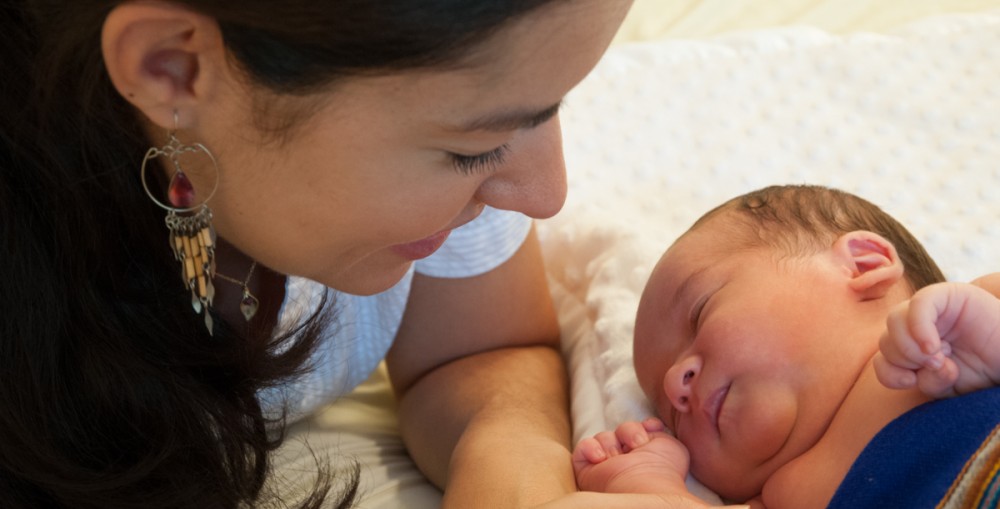Weeks ago there was a tangential discussion in class during which I unfairly mischaracterized a phenomenon known as “baby talk”; I meant to get back and correct my error, but there is surprisingly little data on this after the 1980s. From what I can gather that still applies and the few more recent studies, here’s the down low on infant communication.
There are about four ways scientists typically characterize the speech with which caretakers address infants: inflection, affect, repetition, and emphasis. All of this is exaggerated in the universal application of “parentese”, found in most every country and every language for a very good reason. Each one of these categories shows benefits to the child; inflection is comforting, engaging, and teaches conversational patterns, while affect works on connecting words and emotions, and both repetition and emphasis aid in the child’s ability to learn by imitation and understand before they are attuned to perceiving meaning through less exaggerated cues. In studies where parents do not use this ridiculous speech pattern, children show less ability to engage with others and experience more temperamental fits. “Parentese” has long been compared to adult-directed speech, and in such a comparison, adult-directed speech is found wanting. It does not have the comforting and attention-grabbing inflections of so-called “baby-talk” and thus is found less engaging to the infant. All signs point to the necessity of the four traits we call “parentese” and tout its benefits quite clearly.
However, while we frequently promote speaking to babies in this theatrical manner, we fail to define what it is to most parents. Comparing only baby-directed and adult-directed makes it sound as though any maturity to speech is a negative, which is incorrect; adult-directed fails in affect and emphasis, but certainly not content. Adopting a lisp, for example, or making up new and non-English words do not fit within this framework of beneficial parentese features. To be blunt, there is a vast difference between “baby talk” and stupid talk. Parents often excuse improper “cute” grammar and simplistic lingual redundancy as a typical manner of communication with infants, but that disregards the intent of this communication: emphasis for ease of imitation. Repetition is positive for infant learning, but deliberate lisping, low vocab levels, and improper grammar result in improper speech patterns and diminished vocabulary when the child is learning to speak, and in this sense, “baby talk” can be damaging when applied incorrectly. Additionally, prolonged use of baby-talk into the speaking years for toddlers can even result in speech impediments, as children parrot and learn what they hear.
In summary, “baby talk” is a net positive when used in a conscious way, focused primarily on happy, repetitive exaggeration. Using infancy as an excuse to not address your child with words used in everyday life, however, is simply dampening their abilities at word acquisition, and though you may understand that your lisp or silly word is not meant to be taken or used seriously, your infant and later toddler does not yet have the framework to understand that. Every day and daily experience shapes your child’s mindset, so play with nonsense words when your school-age child is old enough to understand the rules you’re breaking. Make sure your language use, also, is age appropriate; this is baby-talk, not toddler talk. Language has a strong impact on children, and just as people are conscious of not cussing around children, parents should be cautioned not to give them any other habits they do not desire to later see in their school-age child.
Best, C. T., Singh, L., & Morgan, J. L. (2002). Infants’ listening preferences: baby talk or happy talk? Infancy, 3(3). 365-95.
Papousek, M. (2007). Communication in early infancy: An arena of intersubjective learning. Infant Behavior and Development, 30(2). 258-66.
